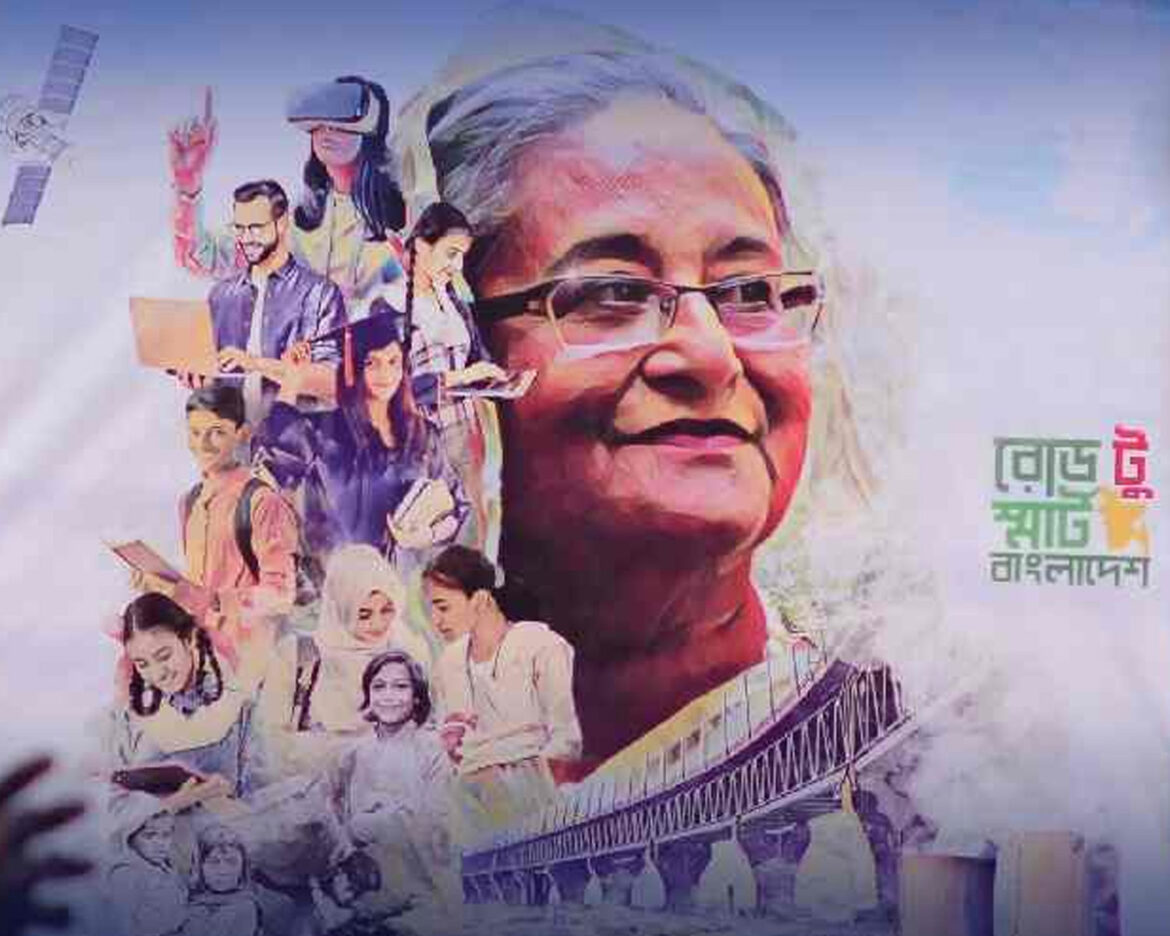Dhaka, Bangladesh — In a dramatic turn of events, Bangladesh Prime Minister Sheikh Hasina has resigned and left the country on Monday, according to media reports. This move follows some of the worst violence in the nation’s history since its independence over five decades ago.
“She and her sister have left Ganabhaban (the Prime Minister’s official residence) for a safer place,” a source told AFP. “She wanted to record a speech. But she could not get an opportunity to do that.”
The resignation comes as Bangladesh’s army chief, General Waker-Uz-Zaman, is set to address the nation after 98 people were killed in fierce clashes yesterday, marking the deadliest day in weeks of anti-government demonstrations.
Violence and Uncertainty
The recent surge in violence has seen at least six more people killed on Monday, adding to the toll from Sunday’s clashes. The situation remains volatile, with Law Minister Anisul Huq telling Reuters, “You see, the situation is very volatile. What is happening, I myself don’t know.”
Protesters, defying a nationwide curfew, marched towards the capital Dhaka, leading to confrontations with law enforcement. Armoured personnel carriers and troops patrolled the streets, with reports of police using sound grenades to disperse protesters.
Military Response
General Waker-Uz-Zaman’s address, initially scheduled for 2 p.m. local time, was delayed due to ongoing talks with various stakeholders. The military has urged the public to refrain from violence and remain patient until the address.
Background
The unrest began last month with student groups demanding the abolition of a controversial quota system in government jobs, which escalated into broader calls for Hasina’s resignation. Hasina, who won a fourth straight term in January in an election boycotted by the opposition, has faced mounting pressure amid the crisis.
Sunday saw unprecedented violence with at least 91 people killed and hundreds injured as police fired tear gas and rubber bullets to control tens of thousands of protesters. A nationwide curfew has been imposed, rail services suspended, and the country’s significant garments industry shut down.
The situation remains fluid, with the nation anxiously awaiting further developments and the army chief’s impending address.



